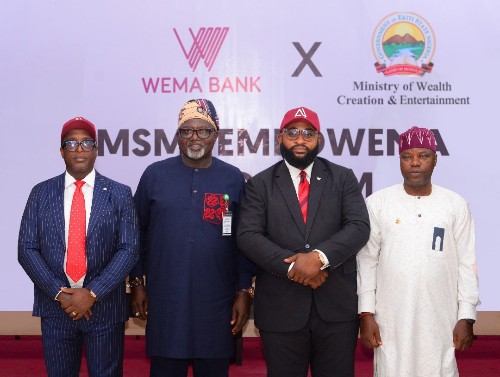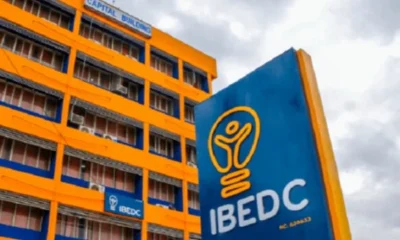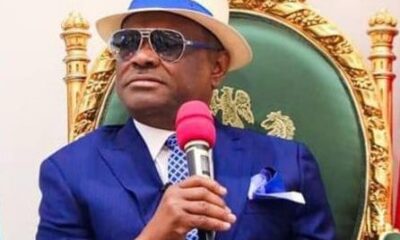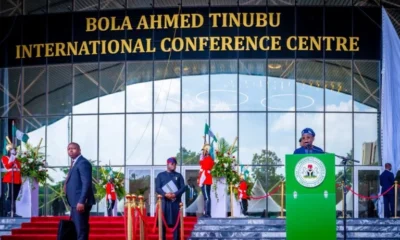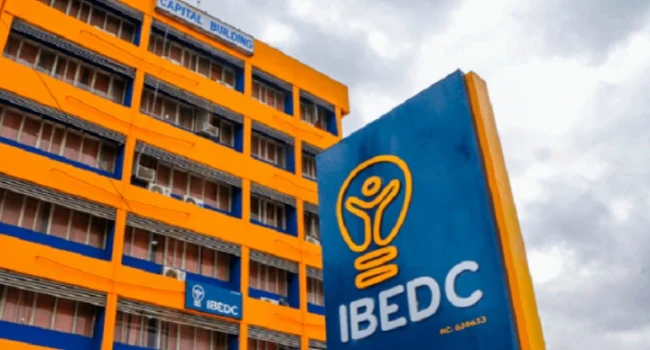- Launches Ekiti-Wema MSME Empowerment Programme for Youth and Businesses
Wema Bank, Nigeria’s foremost innovative bank and pioneer of Africa’s first fully digital bank, ALAT, has partnered with the Ekiti State Government through the Ministry of Wealth Creation and Employment to launch the Ekiti-Wema MSME Empowerment Programme for youth and businesses in Ekiti State.
Launched on Monday, August 5th, 2024, the Ekiti-Wema MSME Empowerment Programme is an initiative designed to train and empower 100,000 youth and Micro, Small and Medium Enterprises (MSMEs) operating within Ekiti State with business management, digital empowerment and finance management skills for success.
Leveraging the immense potential of Nigerian youth and the economic opportunities presented by MSMEs, the Ekiti-Wema MSME Empowerment Programme is strategically curated to help the youth of Ekiti State maximise their potential while equipping businesses for sustainable growth and productivity, towards boosting the state’s macroeconomic conditions.
The Ekiti-Wema MSME Empowerment Programme is set to be executed through virtual and physical training sessions cutting across business management, digitalisation, and financial management, additionally providing access to mentorship support from experienced and successful entrepreneurs from within and outside Nigeria.
These participants will also receive a certificate of participation upon completion of their training course. Beyond the trainings, participants will also gain access to market and assistance in securing finances to put their learnings to practice and scale their operations.
This comprehensive approach ensures that the Programme not only enhances the capabilities of youth and MSMEs in Ekiti State but also facilitates their sustained growth and contribution to the economic development of Ekiti State.
Reiterating the Bank’s commitment to pioneering solutions, initiatives and partnerships for the growth and success of Nigerians, Wema Bank’s Executive Director of Retail and Digital Business, Tunde Mabawonku, encouraged youth and businesses in Ekiti State to seize this unique opportunity for their success. “As Nigeria’s most innovative bank, we have committed to concerting efforts, pooling resources where ideal and going the extra mile in developing solutions that address the needs of our people and ultimately empower them to thrive.
Our robust portfolio attests to this deep-rooted commitment and with the Ekiti-Wema MSME Empowerment Programme, we are extending the reach of our positive impact, positively enhancing the lives and businesses of the Ekiti State people and empowering them with the skills, knowledge, and expertise needed to thrive in today’s competitive market.
Our approach is granular yet comprehensive, bringing tailored solutions for growth to the youth and businesses of Ekiti State right within their vicinity.
We hope that through this initiative, Ekiti State will become a hub of productivity and economic buoyance, and the domino effect of this economic boost will translate on the national scale, improving our nation’s macroeconomic indicators for the best”, Mabawonku said.
The Ekiti State Honourable Commissioner for Wealth Creation and Employment, Otunba Kayode Fasae, added, “Our goal with this partnership with Wema Bank is to implement a two-pronged approach that contains two missing key ingredients of wealth creation and employment generation, which are skill development and finance. Wema Bank has been extremely supportive in working with the Ekiti State Government for the success of our people.
You would recall that in 2020, the Bank collaborated with the State to sponsor the training of 2500 youth under the Central Bank of Nigeria’s AgriBusiness Small Medium Enterprise Investment Scheme (AGSMEIS) and now, four years later, we are proud to announce the birth of yet another groundbreaking partnership with the Bank, the Ekiti-Wema MSME Empowerment Programme.
We reiterate our unwavering commitment to maximise the deliverables of this Programme to serve as a veritable intervention platform for skill development and panacea for employment and wealth creation”.
Wema Bank continues to expand its network, partnering with reputable individuals, institutions, and entities on state and federal levels to provide viable solutions for Nigerians across the world, empowering them to thrive in both personal and professional endeavours. With the Ekiti-Wema MSME Empowerment Programme, Wema Bank is set to transform 100,000 lives and businesses across Ekiti State.
Interested Youth and Businesses in Ekiti State are to visit https://wema-ekitisme.alat.ng/register to register for the Ekiti-Wema MSME Empowerment Programme.

 BIG STORY1 day ago
BIG STORY1 day ago
 BIG STORY3 days ago
BIG STORY3 days ago
 BIG STORY3 days ago
BIG STORY3 days ago
 BIG STORY16 hours ago
BIG STORY16 hours ago
 BIG STORY1 day ago
BIG STORY1 day ago
 BIG STORY3 days ago
BIG STORY3 days ago
 BIG STORY2 days ago
BIG STORY2 days ago
 BIG STORY3 days ago
BIG STORY3 days ago




